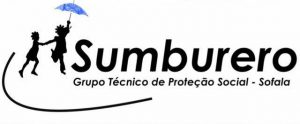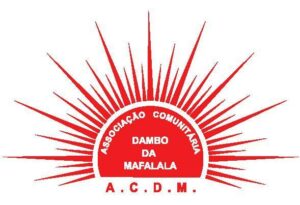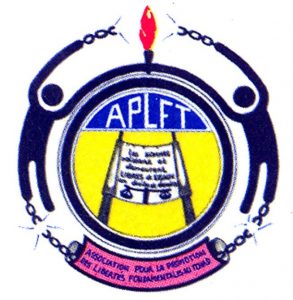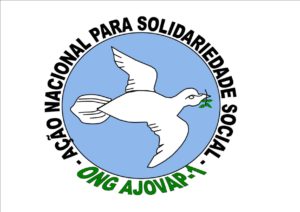

Contribute to improving the quality of life of vulnerable communities by creating sustainable and inclusive opportunities and strengthening civil society and institutional actors, thereby consolidating the Social Protection sector.
Places of intervention
Ranked among the 10 poorest countries in the world according to the latest UNDP Human Development Report (2023–2024), Chad, Mozambique, and Guinea-Bissau are facing a worsening socioeconomic and political situation, marked by growing instability, migration crises, and increased pressure on public services. For several years, ESSOR has been active in these countries through the Particip’Action program, aimed at improving access to basic social services via Social and Professional Information and Guidance Offices (BIOSP), in close collaboration with local civil society organizations (CSOs).
Initially launched in Mozambique and later expanded to Chad and Guinea-Bissau, the project seeks to provide vulnerable populations with quality support on key issues such as access to rights, civil registration, healthcare, and vocational training. At the same time, ESSOR provides technical and financial support to CSOs to strengthen their capacities in project design, implementation, and fundraising, with plans to establish a Resource Center to further support these efforts.
Particular attention is given to women and youth, who are often the most affected by social exclusion. The structuring and consolidation of public and private actor networks is also central to the project, aiming to foster more inclusive dialogue on social policies and improve local coordination. Co-developed with operational partners, this third phase of the project is part of a broader strategy for scaling up and ensuring sustainability, in a context where the needs related to social protection, access to rights, and civil society development remain immense.
Our engagements
Promote inclusive participation in community life and quality access to basic social services, education, and career guidance.
Strengthen the capacity and resources of civil society, improving their autonomy and contribution to local development.
Strengthen public and private institutional actors by energizing and sustaining technical networks on Social Protection, contributing to the implementation of local public strategies.
The project in action
- Train Social and Professional Orientation Agents in the BIOSP methodology, awareness-raising topics, and computer skills.
- Welcome, actively listen, guide, provide support, and follow up with vulnerable populations.
- Identify and support families in situations of high vulnerability.
- Organize participatory awareness-raising sessions in communities (gender equality, human rights, health, climate change, etc.).
- Organize social and employability fairs.
- Strengthen the technical and financial capacities of partner associations and civil society organizations.
- Implement a socioeconomic diagnosis with the members of the Social Protection Technical Groups and local universities.
- contribute to Social Protection policies through the action plans of the Social Protection Technical Groups.
- ...
The provision of basic social services within the BIOSPs is systematically negotiated with partners to ensure they are accessible for free. However, in some cases, a financial contribution, even if minimal (1 to 3 euros), may be requested, depending on the nature of the service. For some families, these fees, though low, remain unaffordable. That is why ESSOR and its partners have established a specific support fund. This fund directly covers the costs of services, thus removing the financial barriers that prevent the most vulnerable families from accessing basic social services.










